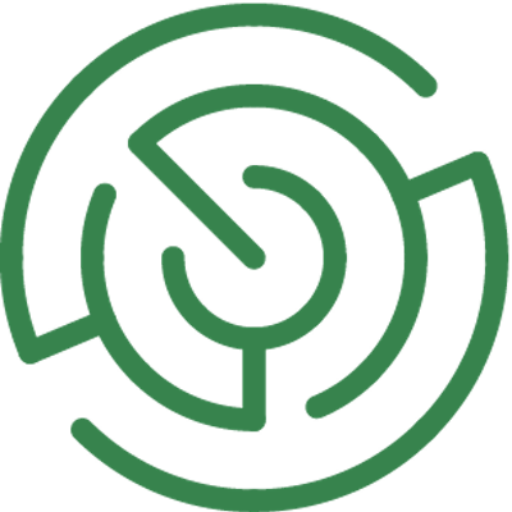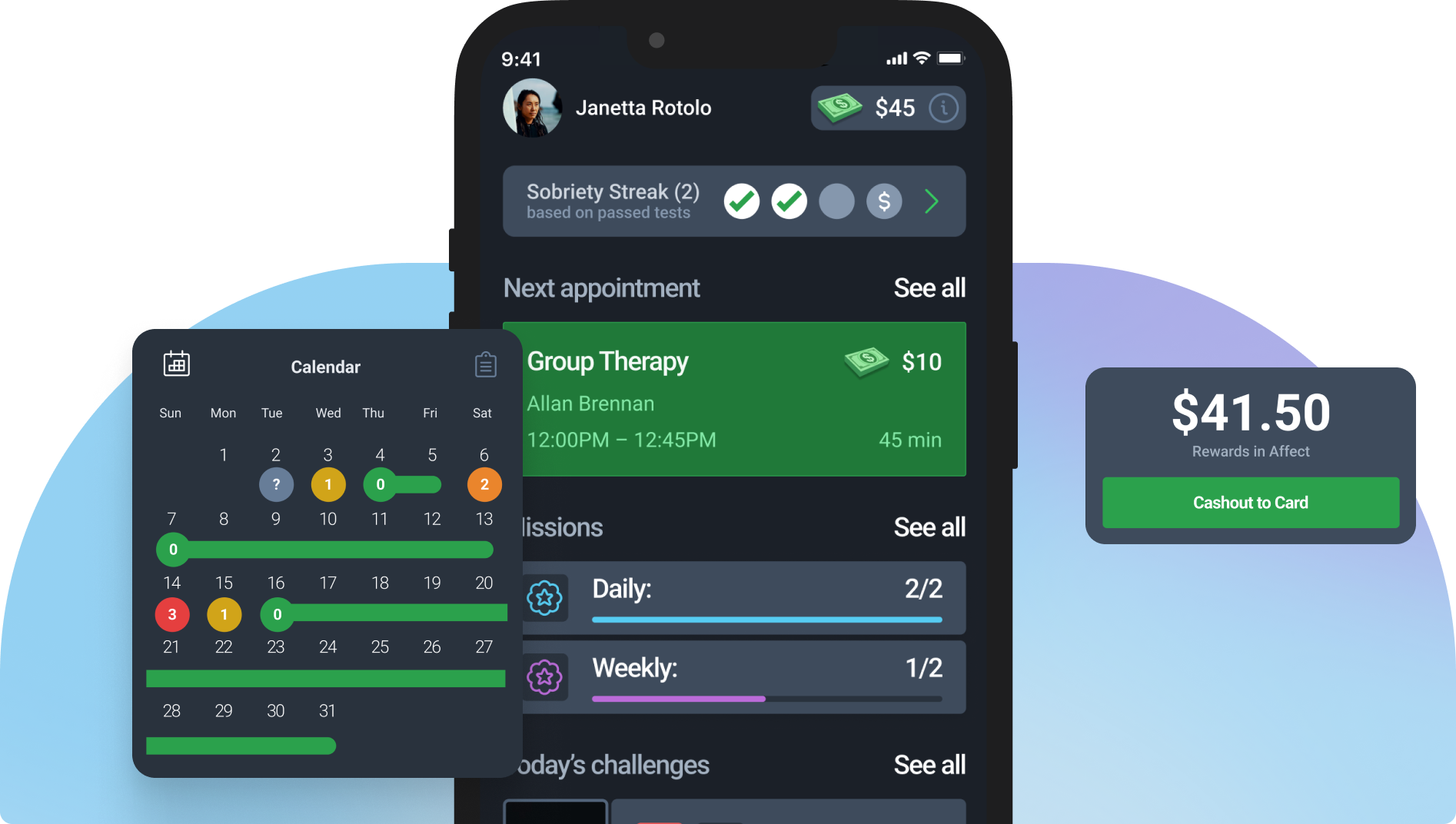Medications for Substance Use Disorders
Manage alcohol withdrawal and drug cravings with proper support

Comprehensive Medication-Assisted Treatment, to Help You Feel Better Faster
Medications often help in treating alcohol withdrawal or drug cravings as people stop or reduce drinking and drugs. Affect’s licensed providers work closely with you to figure out what’s really going on—physically, mentally, and emotionally—and recommend treatment that fits.
We combine medication, counseling, peer support, and science-backed tools into a personalized care plan that supports your full recovery. Known to some as medication-assisted treatment (MAT), this “whole-patient” approach can be very effective in helping people sustain recovery.
What medications help with addiction?
In addition to the ones below, Affect’s medical providers may prescribe other medications that can help with the symptoms you’re experiencing, especially during withdrawal — all through secure telehealth visits.
| MEDICATION | WHAT IT’S FOR | HOW IT HELPS |
|---|---|---|
Naltrexone | Alcohol, opioid, or stimulant cravings | Blunts effects of drugs and alcohol; reduces urges to use |
Acamprosate | Alcohol use disorder | Helps maintain abstinence and stabilize brain chemistry |
Topiramate | Alcohol cravings, mental clarity | Reduces binge drinking and heavy use |
Carbamazepine | Alcohol withdrawal, bipolar disorder | Manages withdrawal symptoms and mood stabilization |
Buprenorphine | Opioid use disorder | Eases opioid withdrawal and reduces cravings |
Bupropion | Stimulant cravings, depression | Helps reduce drug cravings and improve mood |
Mirtazapine | Meth recovery, depression, sleep issues | Supports abstinence and emotional stability |
You’ve Got Options.
Let’s Find the Right One.
Getting sober is just the start. Need help with housing, job hunting, healthcare, or financial aid? We’ve got your back.




